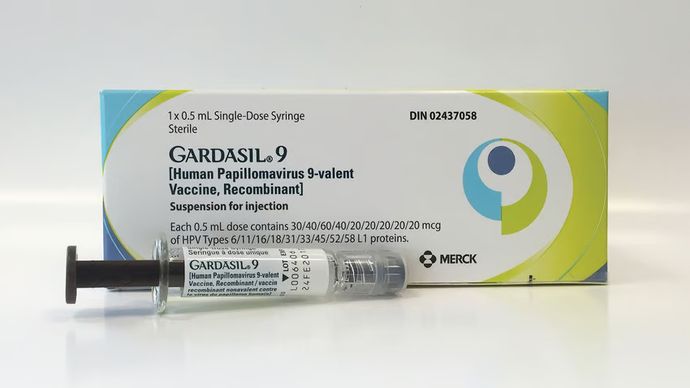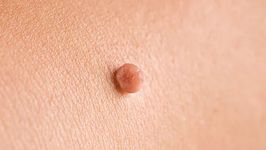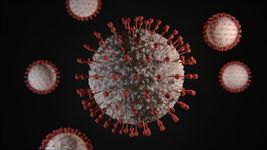Human Papillomavirus (HPV) is one of the most common sexually transmitted infections in the world. While many HPV infections clear on their own, certain strains are linked to cervical, anal, penile, throat cancers, and genital warts. The Gardasil vaccine offers powerful protection, and understanding how it works can help you make an informed decision about prevention.
What Is Gardasil?
Gardasil is an HPV vaccine developed by Merck. The original version protected against four strains of HPV (6, 11, 16, and 18). Today, Gardasil-9 is the standard, covering those four strains plus five additional high-risk types (31, 33, 45, 52, and 58). Together, these account for the vast majority of HPV-related cancers and genital warts.
How Gardasil Works
Gardasil is a non-infectious recombinant vaccine. Instead of containing live virus, it is made from tiny proteins called virus-like particles (VLPs). These particles look like HPV to the immune system but contain no DNA—so they cannot cause infection.
When the vaccine is injected, your body recognizes the VLPs as foreign and produces neutralizing antibodies. Later, if you are exposed to the real HPV virus, your immune system is ready to attack immediately, preventing the infection from taking hold.
This immune response has been shown to be over 90% effective at preventing infections caused by the HPV types included in the vaccine, which means significantly lower risk of cervical cancer, other HPV-related cancers, and genital warts.
Why Gardasil Matters
-
HPV 16 and 18 cause about 70% of cervical cancers worldwide.
-
HPV 6 and 11 cause around 90% of genital warts.
-
Gardasil-9 prevents up to 90% of all HPV infections that lead to cancer or warts.
By protecting against these strains, Gardasil not only reduces the risk of serious illness but also contributes to overall community health by lowering transmission.
Who Should Get the Vaccine?
Health experts recommend Gardasil for both boys and girls starting at age 9, ideally before becoming sexually active.
-
Ages 9–14: Two doses, spaced 6–12 months apart.
-
Ages 15–26: Three doses, given over six months.
-
Ages 27–45: Vaccination may still offer benefits, especially if you have not been exposed to all HPV strains.
Even if you’re older, Gardasil can still reduce your risk, which is why adults are increasingly choosing to get vaccinated.
What Gardasil Doesn’t Do
Gardasil does not treat existing HPV infections and it doesn’t replace regular screenings such as Pap smears. Think of it as prevention, not treatment.
Book Your Gardasil Vaccine With Us
At NewM Clinic in Toronto, we offer Gardasil-9 vaccinations for eligible patients. Getting vaccinated is one of the best ways to protect yourself—and your loved ones—from HPV-related diseases.
Book your appointment today and take an important step toward long-term health and peace of mind.




